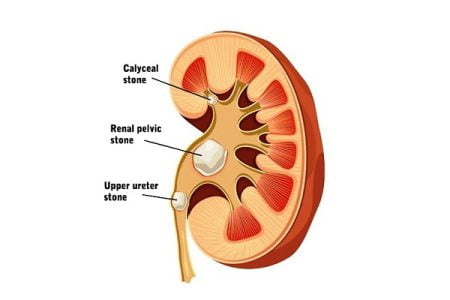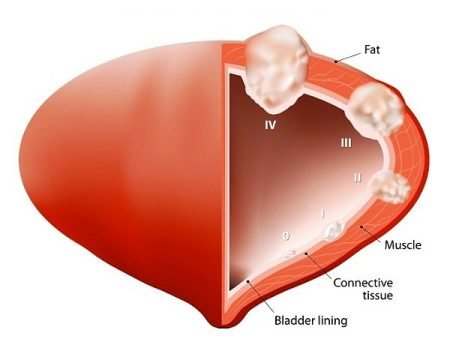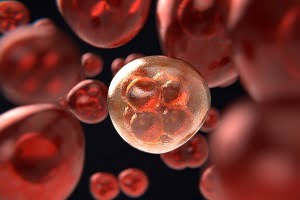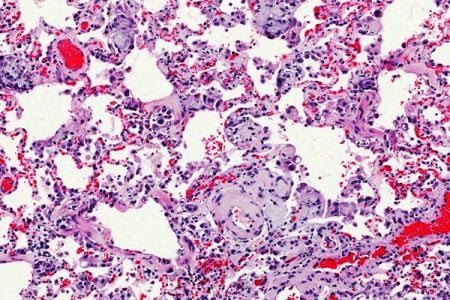Browsing: Amyloidosis
Comprehensive Information, Resources, and Support on Amyloidosis
Exercise and Amyloidosis
There is no such theory that formation of amyloids can be reduced with an increase in physical activity but exercising has been found to be beneficial in many patients. Cardiac amyloidosis (amyloid deposits in the heart) patients should do limited and light exercises.
Kidneys are usually the first organs affected by amyloidosis. Accumulation of amyloid protein results in the formation of solid deposits that can stick in our kidneys. Unlike other types of excretory wastes, our kidneys are unable to easily excrete these deposits through urine.
Risk factors of amyloidosis include age, chronic inflammatory conditions, family history, multiple myeloma, and chronic kidney diseases. Some people with a large number of risk factors never develop amyloidosis, while others with no known risk factors develop the disease.
Amyloidosis is a rare disease that occurs when a substance called amyloid builds up in the body. It can affect your heart, kidneys, spleen, liver, nervous system, digestive system. There is no cure for amyloidosis. The treatment depends on the type of amyloidosis and the organs involved.







